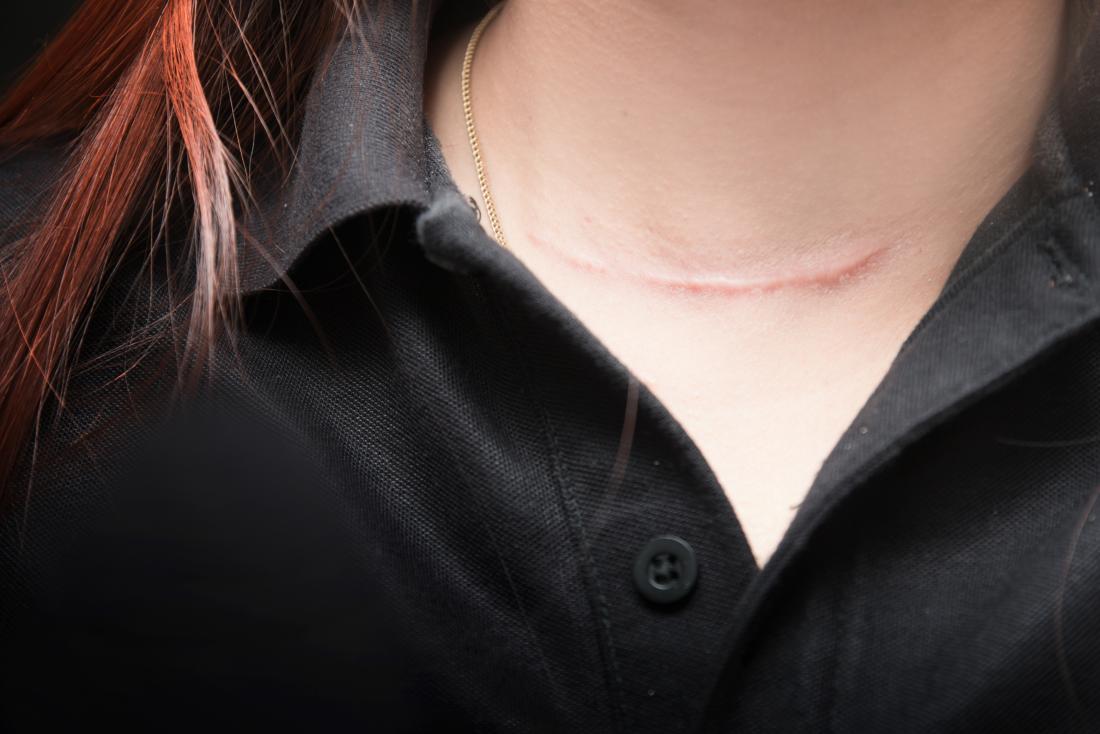
The laser helps stimulate new, healthy skin growth. Although laser treatment cannot completely remove scars, it can make them less noticeable and uncomfortable.
People can get laser therapy on many types of scar, including surgical scars, acne scars, and scars from injuries. It is also safe to use on the face.
In this article, we look at how laser treatment works, its uses and procedure, and factors to consider before getting this treatment.
How can laser treatment help with scars?

Laser treatment can make a person’s scar less noticeable.
Laser treatment penetrates the outer layers of skin to stimulate new, healthy skin cell growth. The laser removes older, damaged layers of skin so that new, healthy skin can grow in its place.
Laser treatments are, in essence, creating a new scar in place of an old one. However, the new skin should grow more uniformly.
The formation of scar tissue is a natural bodily response to injury. Scars are not harmful and do not require removal for medical reasons. However, if they are painful, limiting, or affect a person psychologically, a range of methods can reduce their appearance and discomfort.
Laser treatment can help with scars by:
Doctors can choose from a variety of lasers that use different wavelengths of light and affect the skin in various ways. Some lasers are ablative, meaning that they remove the top layer of skin, while others are nonablative, retaining the skin’s surface while affecting the layers underneath.
Some lasers may be unsuitable for certain skin tones because they may cause the skin to grow back discolored.
Examples of laser types that doctors use in scar treatment include:
- ablative fractional carbon dioxide lase
- intense pulsed light
- long-pulsed 1064-nm Nd:YAG
- pulsed dye laser
- Q-switched Nd:YAG
A doctor should thoroughly evaluate a scar before recommending a laser for treatment use. They should explain the potential benefits unique to a particular laser as well as its possible side effects.
